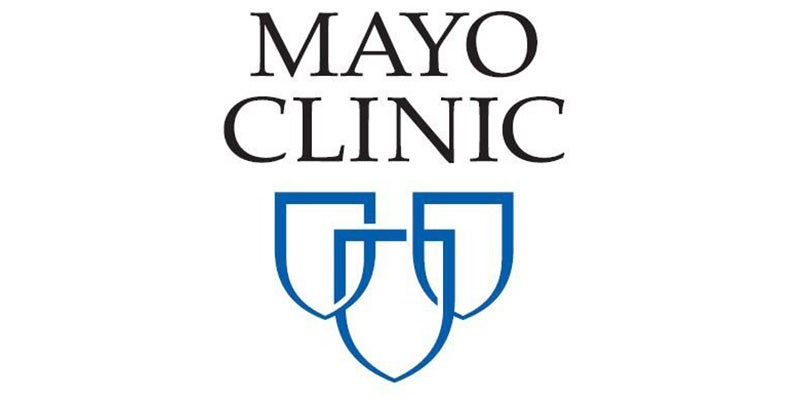Institute study ties acid blockers, anti-inflammatory drugs with reduced cancer risk
Published 10:17 am Monday, March 16, 2015
The anti-inflammatory class of drugs like aspirin have shown great promise in preventing cancers, including colon, esophagus and skin. However, they can increase the risks of heart attacks, ulcers and rare but potentially life-threatening bleeds.
A new study published in the American Association for Cancer Research’s journal Cancer Prevention Research suggests there might be ways to reduce these dangerous side effects.
Collaborators from the University of Michigan, the National Cancer Institute and the University of Alabama along with The Hormel Institute, University of Minnesota and other contributors looked at naproxen, which is known to have a lower cardiovascular risk than other NSAIDs. Naproxen, like most NSAIDs and aspirin, increases the risk for gastric ulcers or bleeding. Here, researchers used the proton pump inhibitor omeprazole, a commonly used acid blocker, in combination with naproxen and tested its effects on cancer prevention in a rat model of bladder cancer.
They found that naproxen reduced the incidence of bladder cancer by 75 percent in rats. Omeprazole by itself did not affect the development of cancer but it also did not interfere with the effect of naproxen at preventing tumors. The rats who received naproxen alone or naproxen with omeprazole developed cancer at similarly low rates, while all rats receiving omeprazole alone or no treatment developed bladder cancer.
Clinical data in humans previously has shown combining omeprazole plus naproxen reduced gastric toxicity roughly 70 percent.
Dr. Ann M. Bode, Associate Director of The Hormel Institute, contributed to the collaborative project, which was funded by a National Cancer Institute grant.
“Even though aspirin and NSAIDs have been shown to prevent cancer in animal models, gastric toxicity limits their widespread use as a prevention agent,” Bode said. “These are exactly the kind of research results that encourage the translation of basic science results into the human patient population through clinical trials.”
The study’s authors also found that intermittent dosing with naproxen (three weeks on the drugs, followed by three weeks off) was highly effective and likely to reduce gastric toxicity. However, it does not have the clear clinical data supporting reduced gastric toxicity associated with naproxen and omeprazole.





